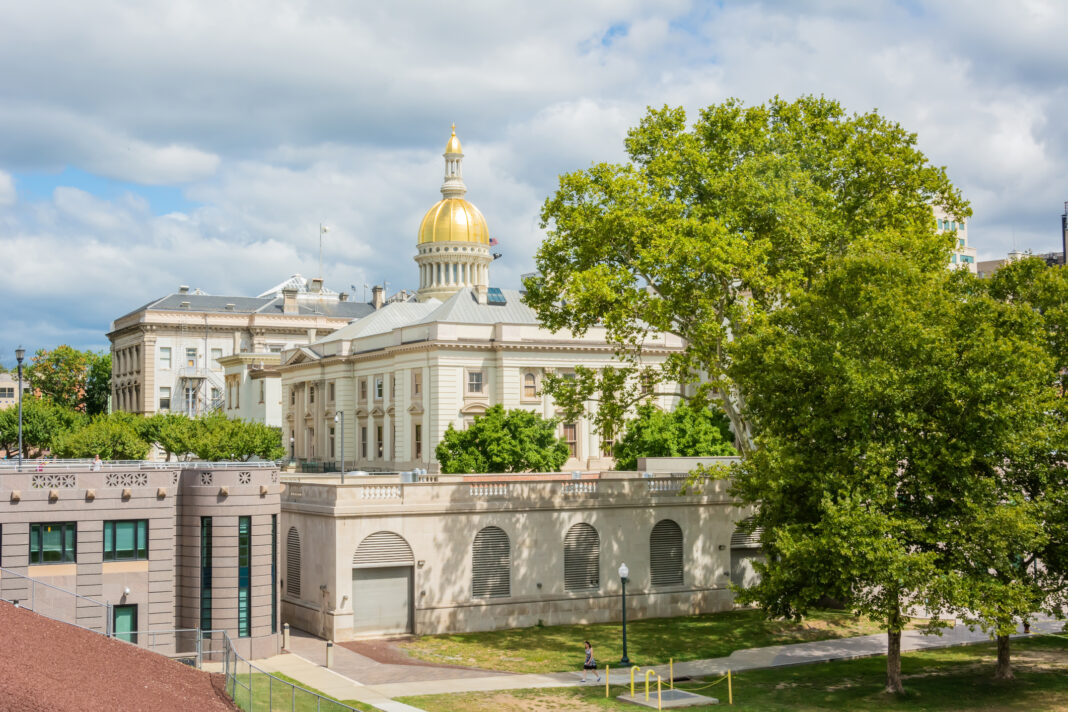Phil Murphy and the New Jersey State Legislature provides aid for nontraditional student learners with tuition assistance geared specifically for Thomas Edison State University (TESU) as part of the Fiscal Year 2023 New Jersey state budget.
With passage of the state budget, a higher education tuition assistance appropriation that was included in the budget on Wednesday, June 29, was signed into law by Murphy today.
“This is a watershed moment for our students,” said Dr. Merodie A. Hancock, president, TESU. “I want to thank the appropriation’s sponsors, the legislature and the governor for their action today. With this investment, New Jersey takes a leading role in addressing the higher education need-based aid of adult students.”
The budget includes a fiscal year 2023 appropriation of $1.5 million from the State General Fund to the Higher Education Student Assistance Authority in the Department of State to provide tuition assistance for students enrolled at Thomas Edison State University.
“Thomas Edison State University is a leader in providing online education for adult learners,” said N.J. Sen. Troy E. Singleton, District 7, who helped champion the additional funding for TESU. “This appropriation addresses a lack of financial support provided under the existing Tuition Aid Grants and other forms of traditional tuition assistance. It is our hope that this funding will provide new opportunities to even more people seeking to achieve their higher education goals.”
The tuition assistance funding will allow the university to establish a separate and unique Tuition Aid Assistance program, “Grant Opportunity (GO-TESU),” which will enable the university to open the doors for adult learners seeking to change their lives and further their careers.
In a joint statement, N.J. Sen. Shirley Turner, Asw. Verlina Reynolds-Jackson and Asm. Anthony S. Verrelli, of District 15, said, “Fifty years ago tomorrow, the New Jersey State Board of Higher Education created Thomas Edison State University as one of the first public institutions to forego traditional conventions and bring higher education to the state’s working adults. Today, with this budget, we again forge forward with thinking outside traditional financial aid conventions to create a pathway to education for adult learners.”





